Italo-Disco
Presented by Nice
Scheduled on
| MONDAY | 12:00 | 15:00 | |
|---|---|---|---|
| TUESDAY | 03:00 | 06:00 | |
| WEDNESDAY | 12:00 | 15:00 | |
| THURSDAY | 12:00 | 15:00 |
Tagged as Electronic, High Energy, Italo-Dico
Italo disco originated in Europe in the late 1970s. After Disco Demolition Night in 1979, American interest in disco sharply declined, whereas in Europe the genre maintained mainstream popularity and survived into the 1980s.
The adoption of synthesizers and other electronic instruments by disco artists led to electronic dance music, which spawned many subgenres such as hi-NRG in America and space disco in Europe. Italo disco's influences include Italian producer Giorgio Moroder, French musician Didier Marouani, French drummer Cerrone, and the San Francisco-based hi-NRG producer Patrick Cowley, who worked with singers as Sylvester and Paul Parker.
The adoption of synthesizers and other electronic instruments by disco artists led to electronic dance music, which spawned many subgenres such as hi-NRG in America and space disco in Europe. Italo disco's influences include Italian producer Giorgio Moroder, French musician Didier Marouani, French drummer Cerrone, and the San Francisco-based hi-NRG producer Patrick Cowley, who worked with singers as Sylvester and Paul Parker.
Read more



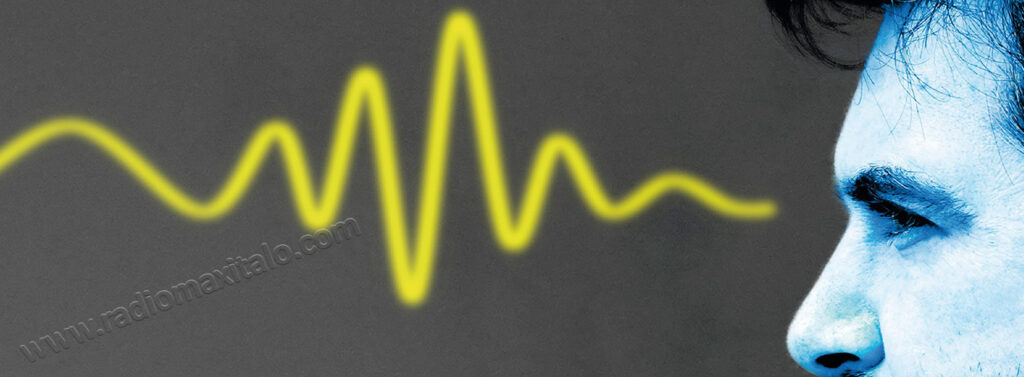
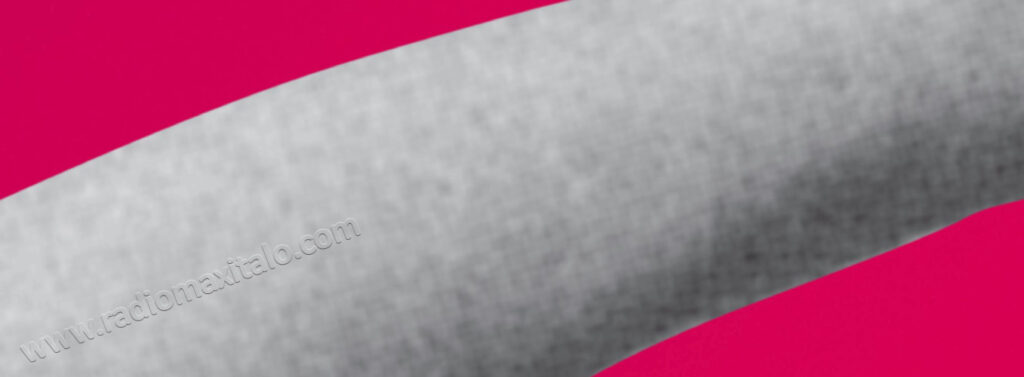
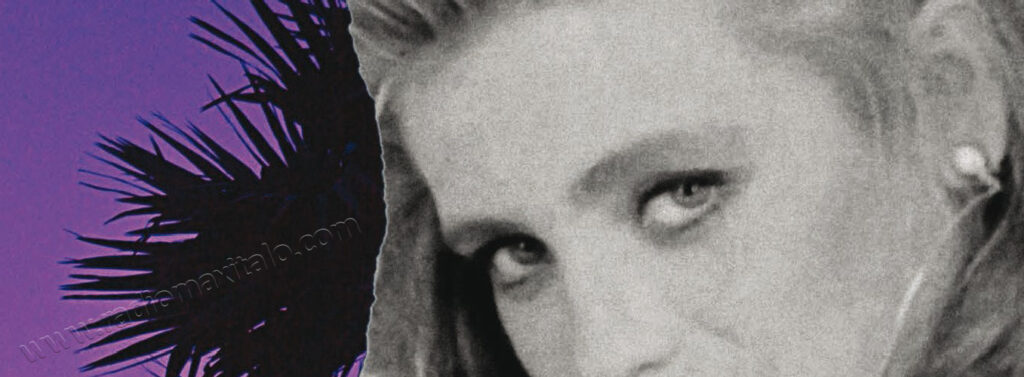



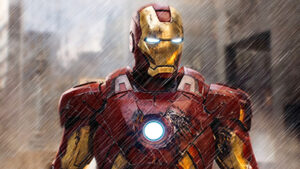

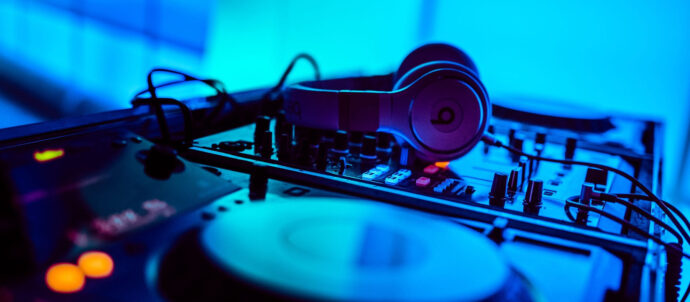
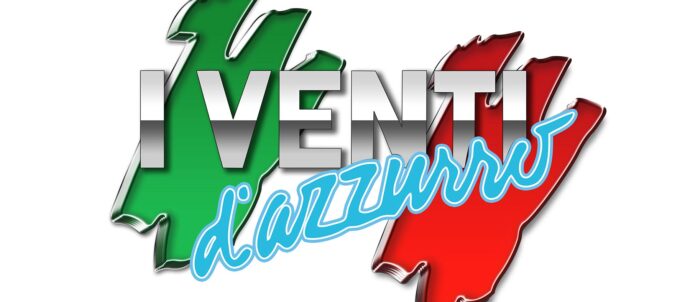
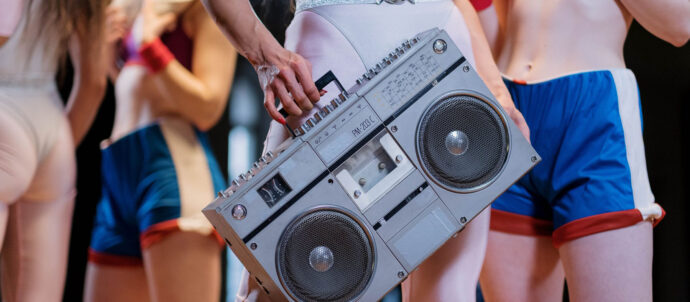
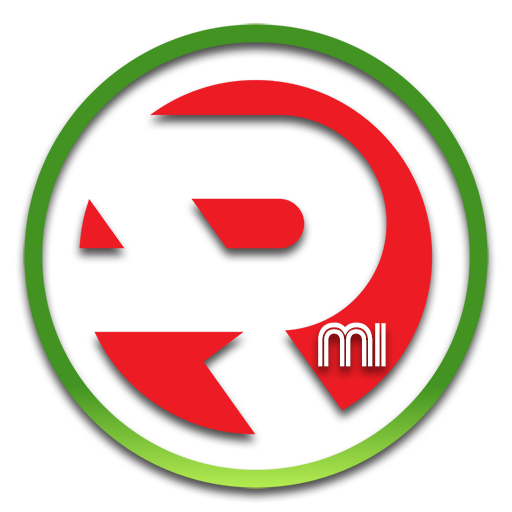
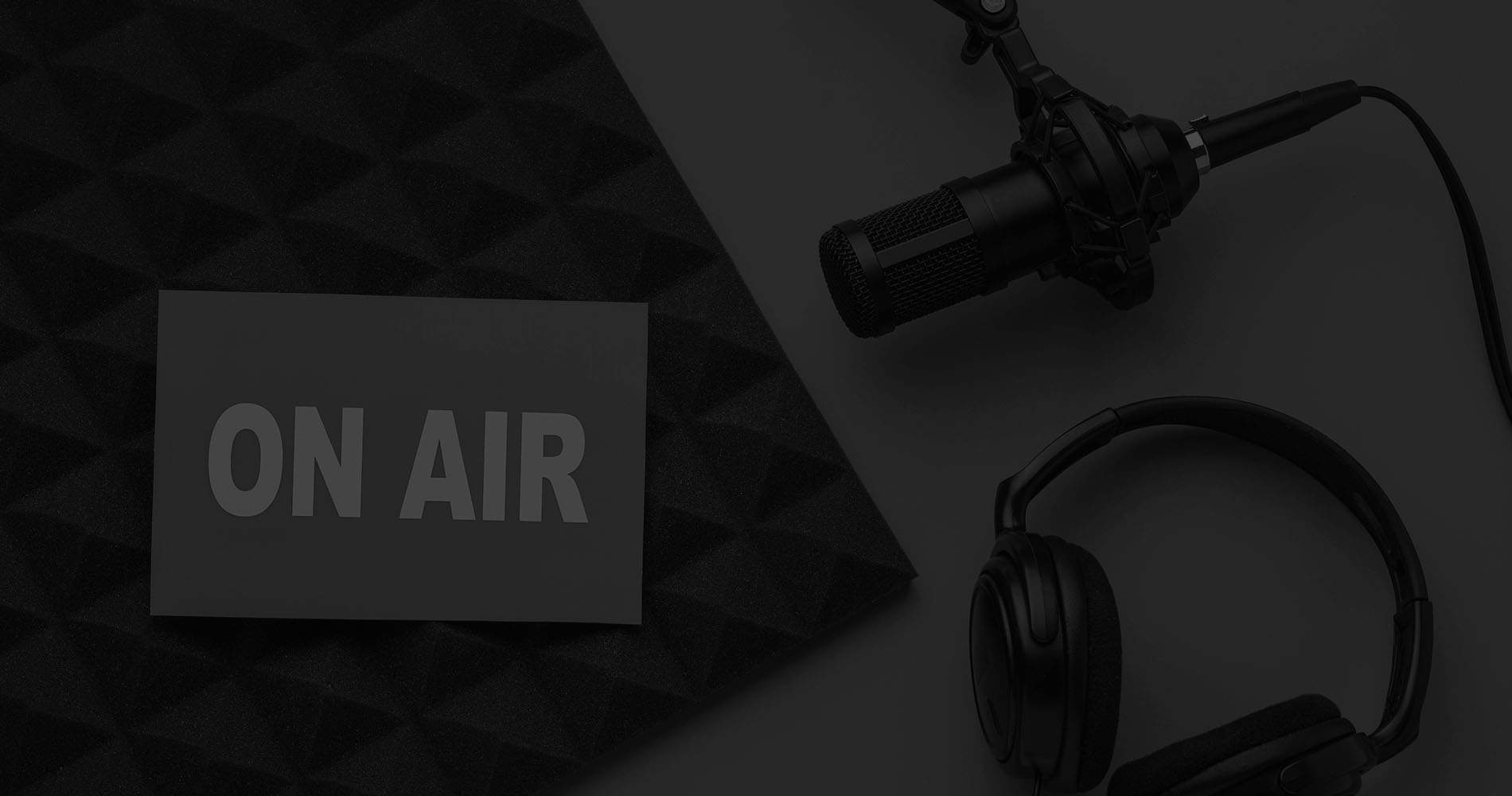
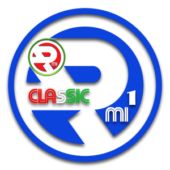
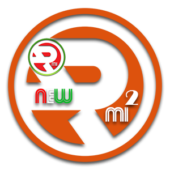 Italo Disco New Generation
Italo Disco New Generation 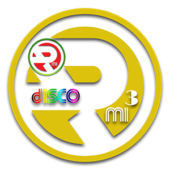 Euro Disco
Euro Disco